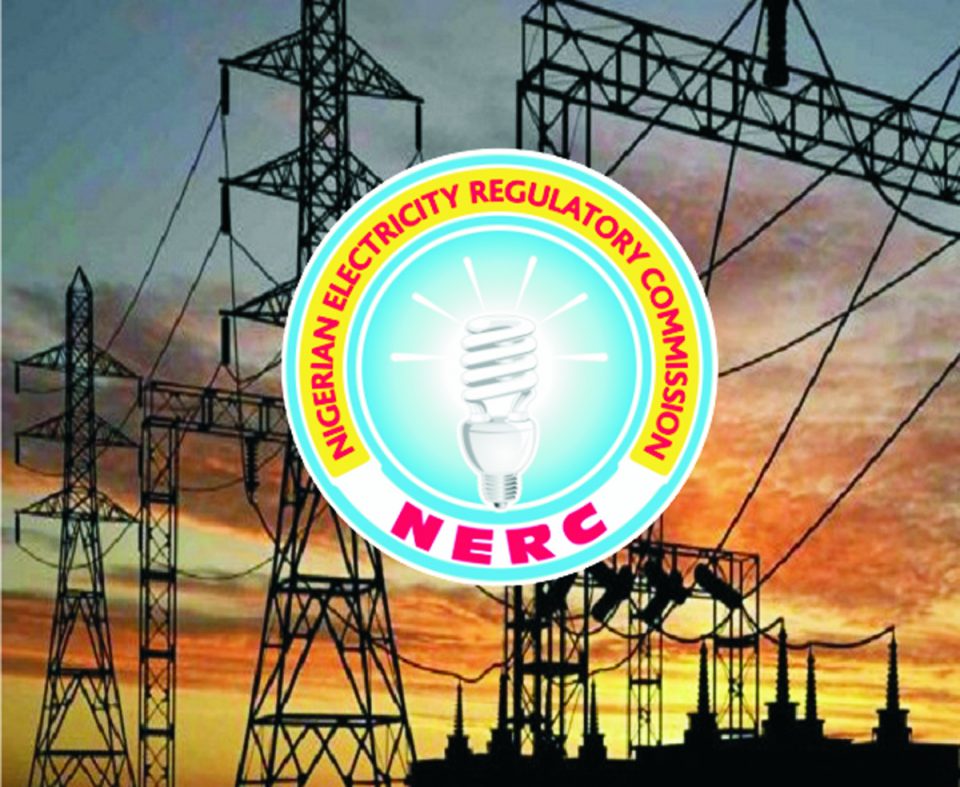Prepaid electricity consumers have decried increase in tariff endorsed by the Nigerian Electricity Regulatory Commission (NERC). They said it was ill-timed amidst economic challenges, urging necessary authorities to address the situation.
Some of them also observed that the tariff was adjusted in March, making it the second time the increase was effected.
The consumers who are majorly under Ikeja Electricity Distribution Company (IKEDC) and Ibadan Electricity Distribution Company (IBEDC) networks said that the units that used to last for six months could barely take two months since the increment.
In the electricity bill obtained by The Guardian yesterday, it was discovered that there was a three-naira increment in the tariff in the March bill.
A consumer, who is under the IBEDC network paid N2, 000 in February, got 55.46 as the rate of consumption, and his March bill reflected 58.39. He told our reporter that his neighbourhood barely gets an average of six hours of power supply.
Also, a consumer living in Ota, Ogun State, Kilani Majekodunmi, decried the tariff paid through the prepaid metering system, saying it rose to 100 per cent.
According to him, he loads a unit worth about N20, 000 in a month for his three-bedroom apartment, which he considered outrageous considering the economic hardship in the country.
“It is so unfortunate that we have to pay this much to get electricity in the country. The recent increment in electricity tariff dealt a big blow on us and that is very unfair. I am already considering an alternative power system for my apartment because no one seems to care about electricity consumers in this country,” he said.
Another consumer, in Sango Ogun State, Oriowo Tunbosun, bemoaned the services of the distribution companies, who appear to be interested in extorting consumers rather than solving problems.
“I have even purchased a new prepaid meter for my duplex before I realised the outrageous charges. In the first month in my new house, I spent about 70,000 purchasing electricity units. This is too bad and uncalled for. It’s a clear fraud, which the Nigerian government must address urgently. I had to switch to solar system, which now powers 70 per cent of my electrical appliances. I think I don’t need them anymore but the government must rise to help Nigerian masses.”
A consumer who resides at 9/11 Kenneth Obydike Street, Oke-Afa, Isolo local government under IKEDC network, also complained that before, he got 883.6 units for N20, 000, which lasts him four months.
“But now, I discovered that for the same N20, 000, I get 453.5 units, which only lasts me nine weeks. This is a residential area and my wife, children and I are barely at home. We go to work and our children go to school and we are paying such a huge amount for power. Something is wrong. We only have power on an average of 12 hours a day. These arbitrary charges must be addressed,” he said.
Speaking with The Guardian, President, Utilities Consumers Rights Advocacy Initiative of Nigeria, Akinbodunse Shadrack, said the month of February was the second time in 2021 that the increase has taken place.
According to him, the increase was done in February and March by N3 across the board.
“DisCos created illegal feeders in connivance with NERC to increase revenue generation without recourse to energy supply. This increment was done secretly. With this increment, DisCo’s bill for institutions will be on the high side and with this cost of renting a hostel will be too much for parents to afford.
“The increment will no doubt cause an increment in the cost of food production and this will have a direct impact on the citizenry. Moreso, we’re paying for more darkness than light,” Shadrack said.
Speaking with our reporter, Head Communication, Felix Ofulue, said the people who pay higher tariffs are people, which owed the Disco before now.
Early this year, the NERC had instructed the DisCos to increase tariffs effective January 1, 2021.
The increase in tariffs follows a suspension of an earlier order issued in August increasing tariffs starting September 1, 2020. However, a threat by Labour to go on a nationwide strike forced the government to suspend the tariffs for two weeks ending October 15th, 2020.
The Federal Government and the organized Labour then agreed to provide a tariff relief of N10.20 per kilowatt-hour for Nigerians for the next three months and also distribute six million free meters following the completion of the two weeks suspension of the electricity tariff.
The latest tariff increase suggests all customers will see their tariffs increased regardless of the band, unlike in the previous order where tariff class D & E was frozen. Customers on Tariff Class A, B, and C will see their tariff go back to the tariff order released on September 1st, 2020. Some of these customers will see their tariff increase by as high as 120 per cent compared to the pre-September 1st Multi-Year Tariff Order (MYTO) 2020 levels.
Customers in tariff classes D & E, who are those with less than an average of 12 hours of electricity daily also saw their tariff increase albeit slightly and not up to the levels originally included in the September 2020 tariff order. In general, Nigerians (including businesses) will see their tariffs rise by as much as 75 per cent depending on the distribution companies.




